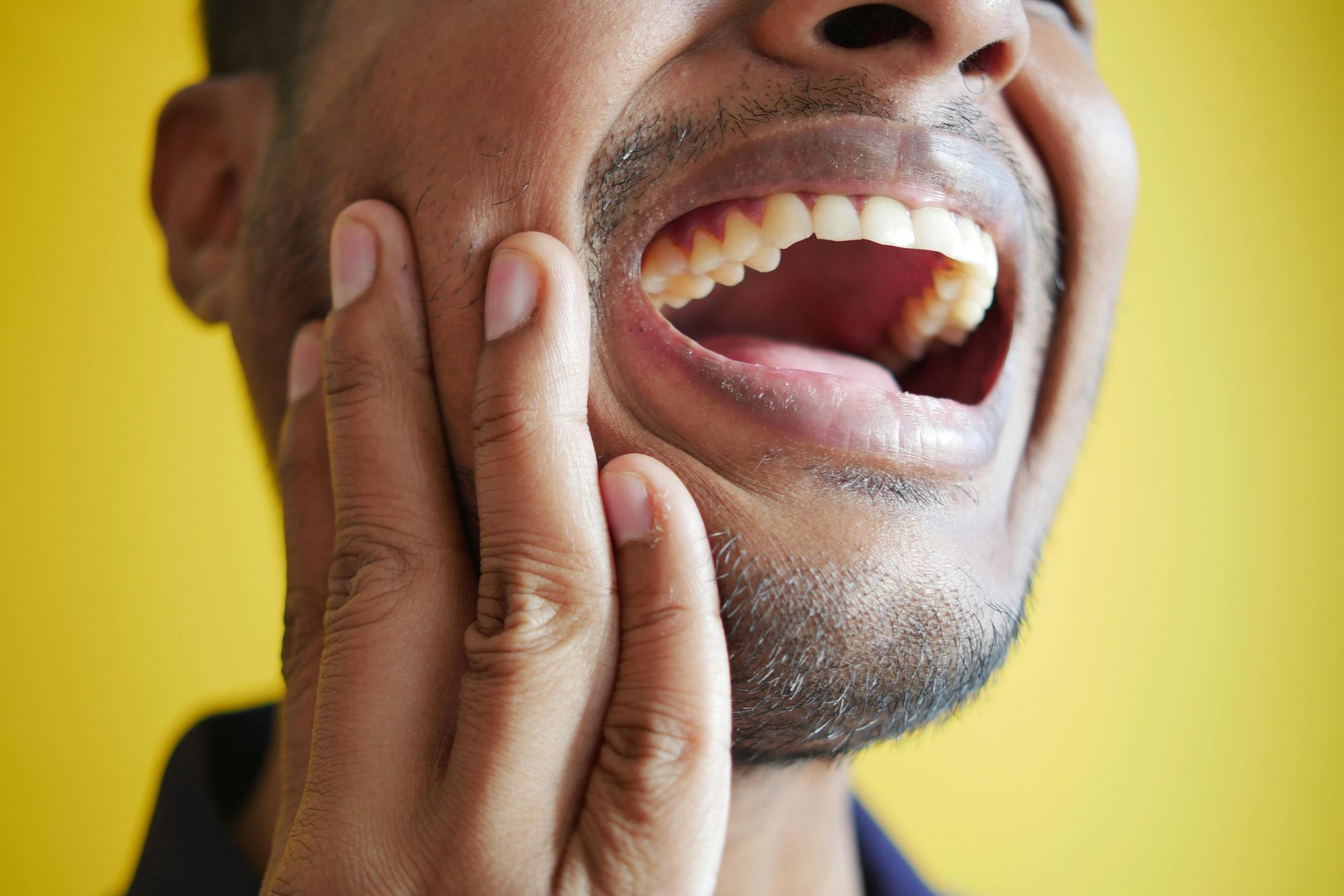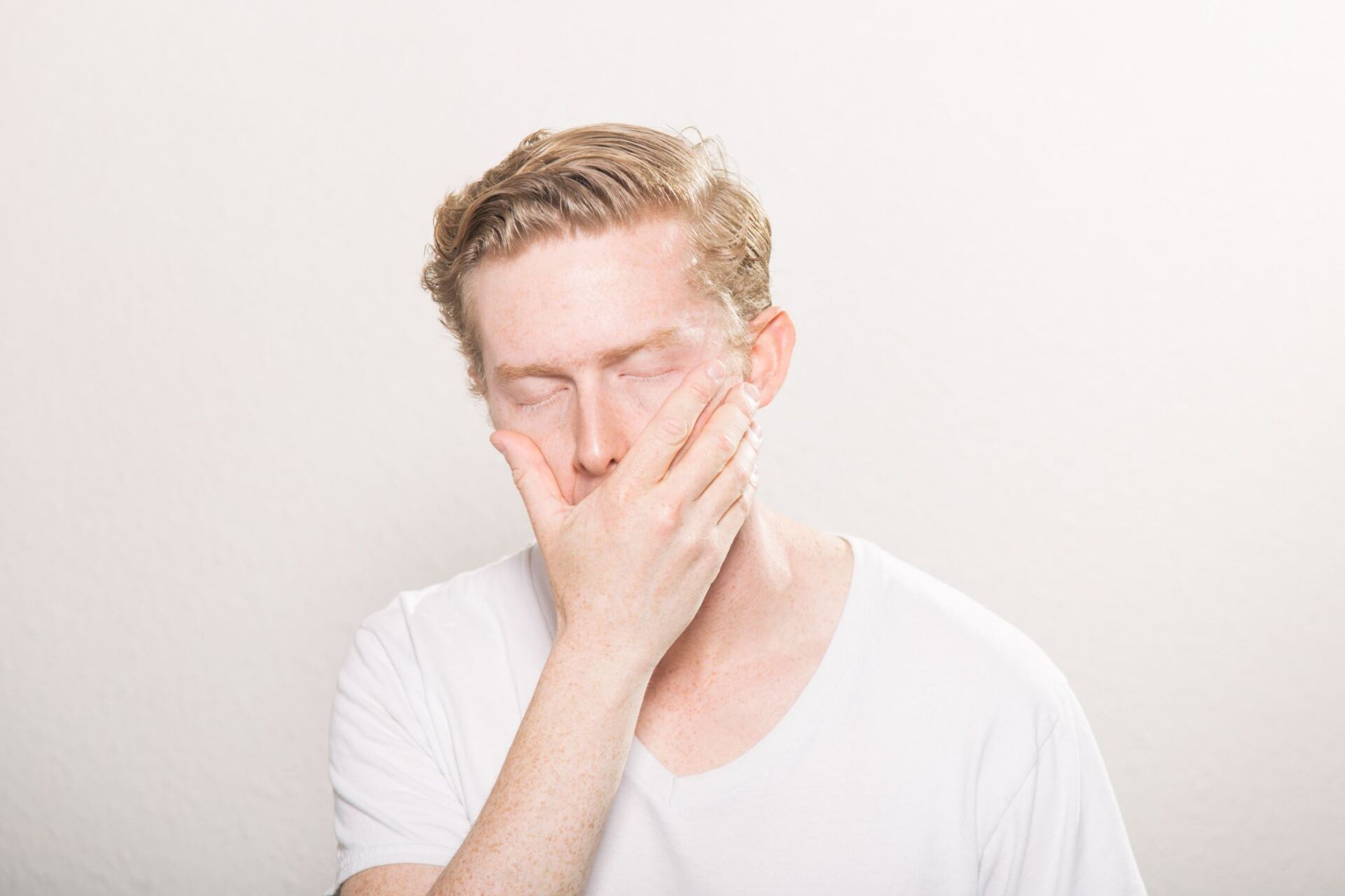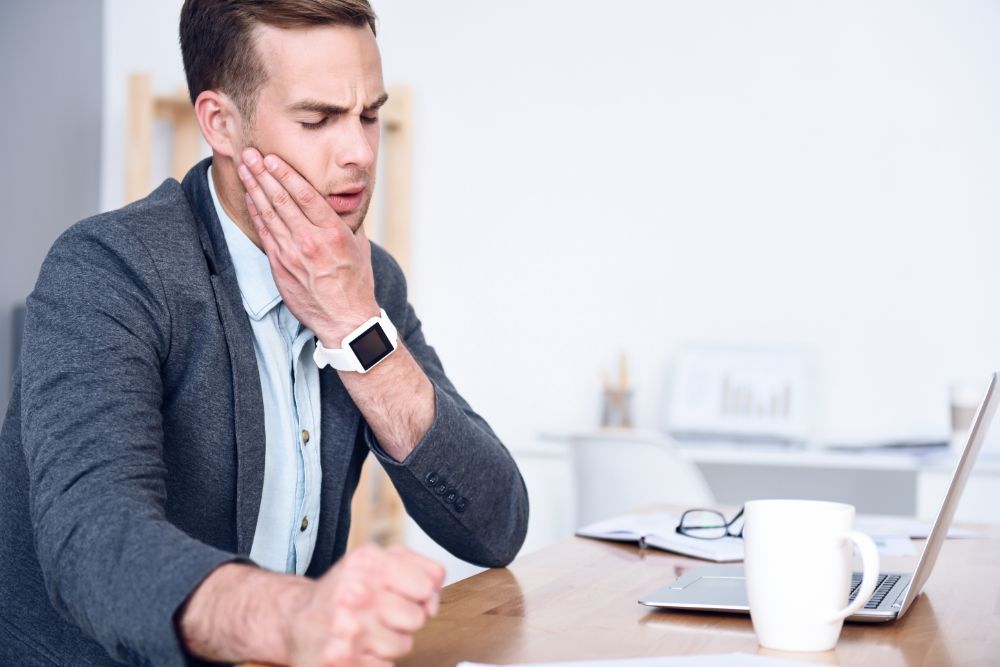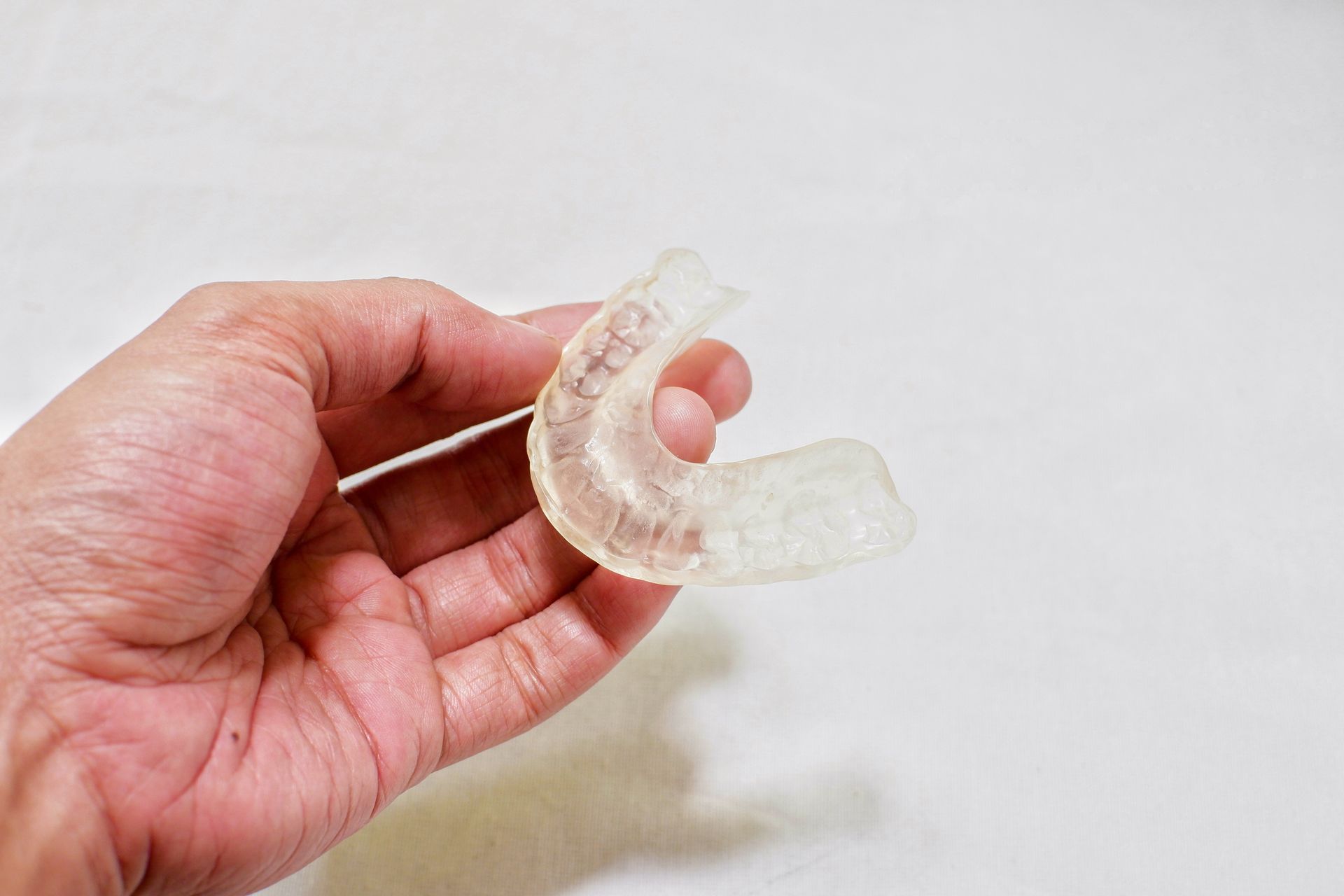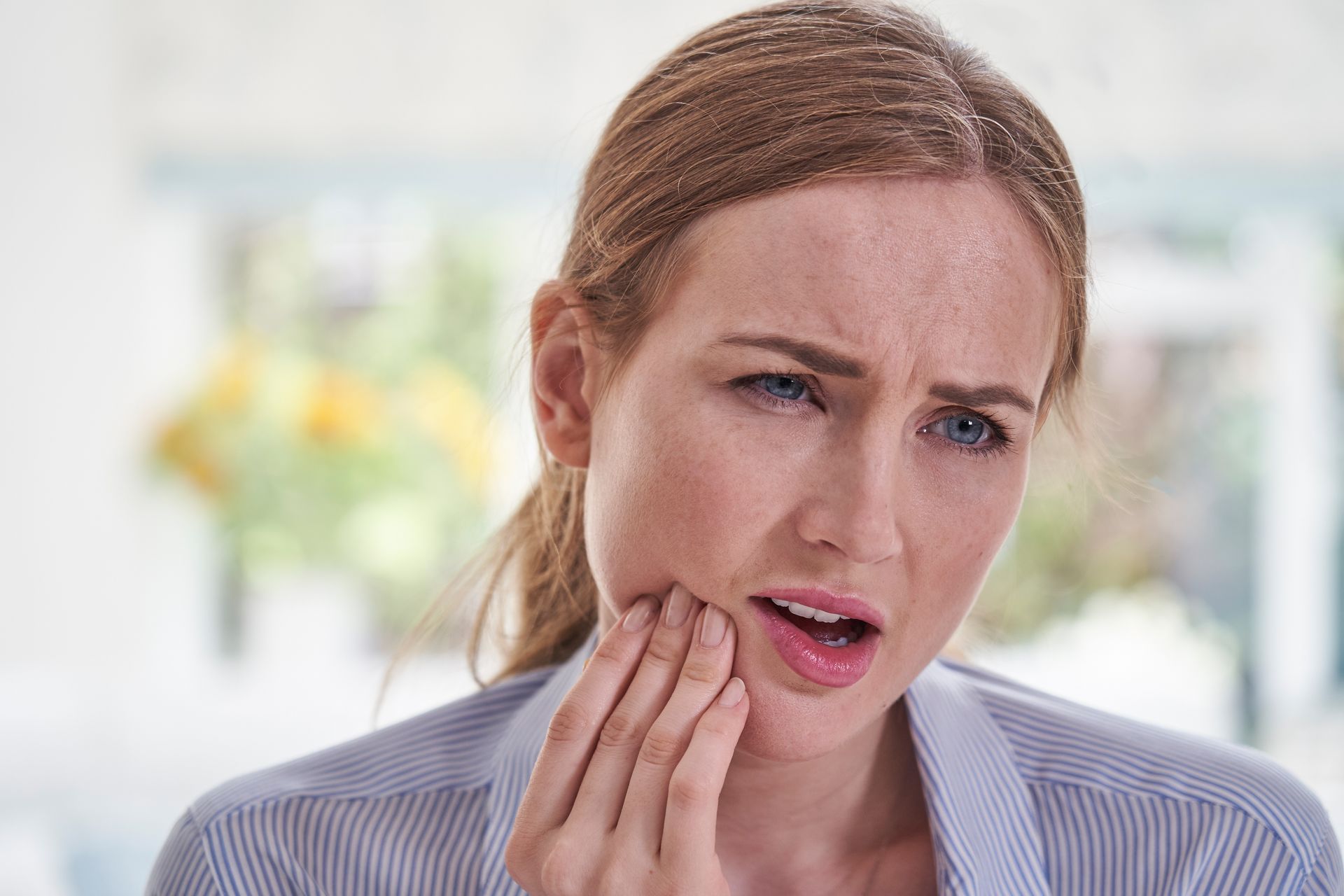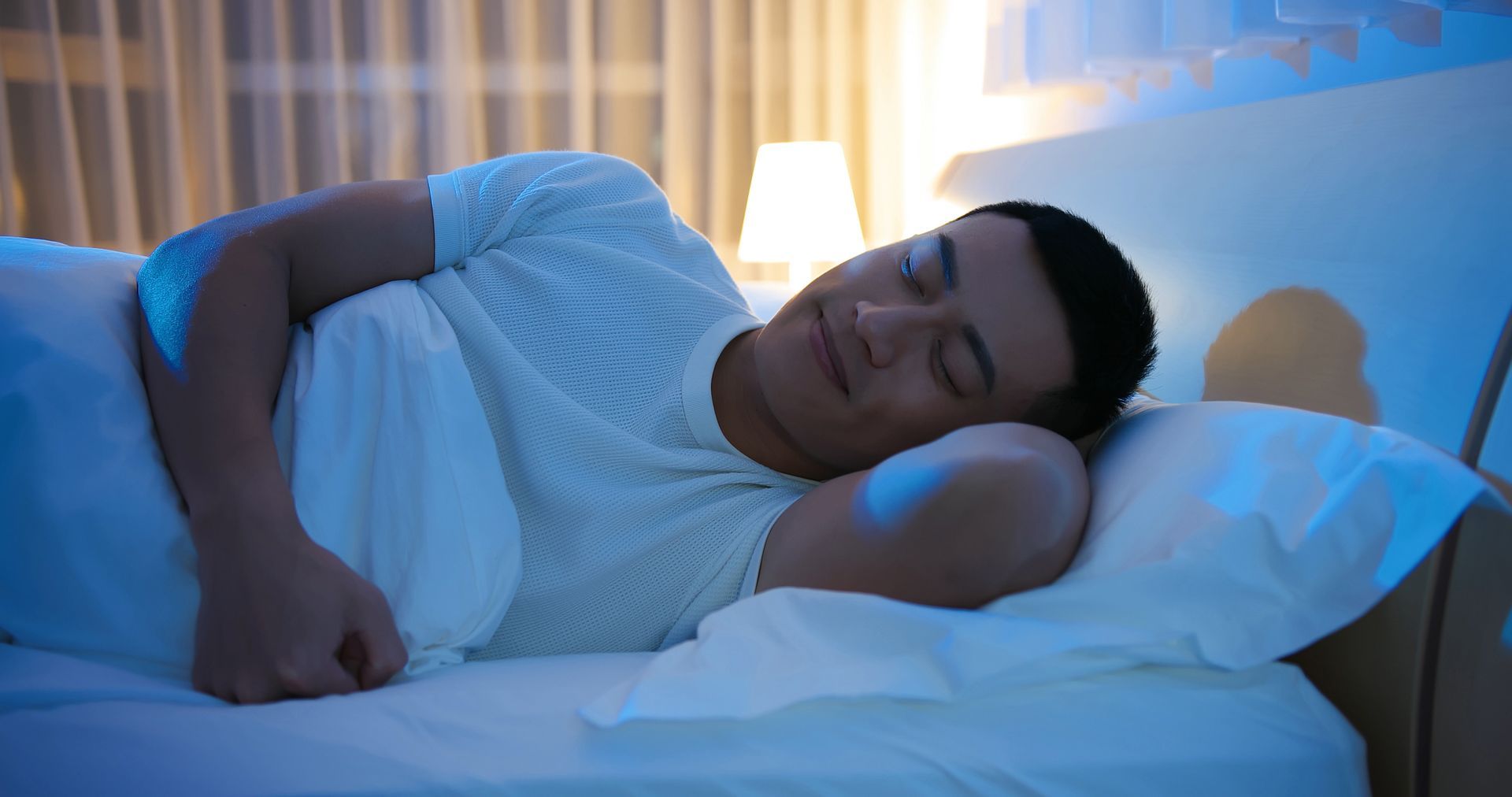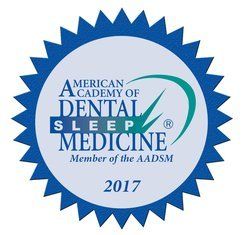Sleep Apnea Medications

Obstructive sleep apnea (OSA) causes significant stress on your body, jeopardizing your health. Still, millions of Americans unknowingly experience OSA. It’s estimated that up to 80% of OSA sufferers go undiagnosed.
Characterized by throat muscles intermittently relaxing and blocking your upper airway during sleep, OSA deprives your body and brain of oxygen. Your brain reacts by briefly awakening you to restart breathing, which may occur hundreds of times a night. By robbing you of sound, restorative sleep, OSA can lead to an overall lower quality of life. Getting diagnosed and treated for OSA is crucial to your well-being.
In addition to surgery that addresses physical anomalies and obstructions, OSA treatment options include wearing a CPAP (continuous positive air pressure) device or a custom-made dental appliance to keep your airway open when you sleep. Sometimes, medications are an option to help with the symptoms associated with OSA, depending on your diagnosis. Below we review various sleep apnea medications and some potential side effects.
Sleep Apnea Diagnosis
Getting diagnosed with OSA is the first step toward a better quality of life and improved health. Your doctor will perform an initial evaluation that includes examining your eyes, mouth, and throat. The exam can reveal symptoms of OSA as well as physical abnormalities that may be causing your OSA. In some cases, you may be required to complete an at-home sleep test; otherwise, you’ll be referred to a sleep clinic for a polysomnography (PSG) recorded during an overnight sleep study.
Causes of Sleep Apnea
Many risk factors can increase your chances of OSA, including excess weight and obesity, a thick neck circumference, smoking, high blood pressure, type 2 diabetes, and the use of alcohol, tranquilizers, or sedatives. In addition, incidence can increase with age, and men are two to three times more likely to have OSA than women.
Additional causes that can contribute to OSA either singularly or in combination include:
- Narrow airway - Symptoms of OSA can be exacerbated by an airway that’s structurally narrower than normal. OSA occurs when the muscles in the back of your throat relax. A narrow airway may collapse more easily, preventing airflow and causing OSA.
- Unstable breathing - Sleep-related breathing disorders such as hypoventilation due to lung conditions such as COPD (chronic obstructive pulmonary disease) can contribute to the development of OSA by amplifying the effects of airway blockage.
- Light sleeping (waking up easily) - Light sleepers often have difficulty staying asleep. Treating OSA successfully for these individuals means finding a method that doesn’t disturb their ability to sleep.
Types of Medication Used for Patients with Sleep Apnea
Most of us know CPAP and dental appliances as nonsurgical treatments for OSA, but there are also a few pharmacologic treatment options ranging from prescription medications to common over-the-counter drugs that can be used as adjunctive therapies.
Over the Counter
Always consult your doctor before taking any OTC medicines or supplements.
- Melatonin - Melatonin is a hormone made by the pineal gland that helps your body know when to sleep and wake up and may help with insomnia that can occur with sleep related breathing disorders..
- Afrin (oxymetazoline) - Helps relieve nasal congestion from colds and allergies. Studies reveal associations between impaired breathing and sleep disorders such as OSA and that opening nasal passages with a decongestant can improve sleep quality.
- Sudafed (pseudoephedrine) - This sinus decongestant works by narrowing the blood vessels to decrease swelling and congestion and may be used to treat mild cases of snoring associated with OSA.
Prescription
Your doctor may prescribe
various medications to help relieve some symptoms of OSA based on your diagnosis, although generally speaking, prescription medications typically aren’t recommended as a primary treatment for OSA. Medications that may be prescribed include:
- Provigil (modafinil)- Provigil is FDA-cleared to treat excessive daytime sleepiness due to OSA, shift work sleep disorder, and narcolepsy. This federally controlled wakefulness-promoting substance (C-IV) can boost energy and enhance focus. It must be used with caution in patients with health conditions such as cardiovascular disease.
- Halcion (triazolam) - Another federally controlled substance (C-IV), Halcion is used to treat insomnia. It may also be prescribed to address OSA by increasing the arousal threshold to airway occlusion while being used cautiously.
- Valium (diazepam) - Some physicians have prescribed valium in the past to help relieve OSA, but the consensus today is that benzodiazepines such as Valium may worsen OSA.
- Ambien (zolpidem) - A pilot study investigating the effects of Ambien in OSA indicates that Ambien may help “improve sleep efficiency in people with OSA.”
Side Effects of Medication
Talk with your doctor about potential side effects that may occur with both OTC and prescription medications, which can range from mild to severe. Your physician will also check for interactions with other prescriptions you’re taking. Per RXlist.com, side effects include, but are not limited to:
- Headache - Headache is listed as an adverse side effect for many medications, including Provigil and Halcion.
- Nausea - Stomach discomfort, often accompanied by the urge to vomit, is another common side effect for numerous medications, including Provigil and Ambien.
- Insomnia - Insomnia is a possible side effect for Provigil and Ambien.
- Anxiety - Anxiety is a potential side effect associated with many prescription medications, including Provigil.
- Stomach aches - Digestive problems such as diarrhea, constipation,
- Grogginess - General tiredness and even memory problems may be attributed to a variety of medications, including Halcion, Valium, and Ambien.
Primary Treatment Options for Sleep Apnea
A thorough exam and diagnosis by a qualified medical professional are required before any kind of OSA treatment. Currently, nonpharmacologic treatment options are recommended as first line therapy for sleep apnea.
In addition to weight loss and sleep position therapy, non-pharmacologic alternatives include:
- Oral appliance therapy (OAT) - The American Academy of Dental Sleep Medicine and the American Academy of Sleep Medicine recommend OAT for consideration as a first-line treatment for mild to moderate OSA. OAT involves wearing a custom-made oral appliance called a splint while you sleep, similar to wearing a mouthguard. A mandibular advancement splint (MAS) moves the jaw and tongue slightly forward, opening up the back of the throat and prevents the base of the tongue from collapsing against the airway. Careful adjustments are made to correctly position your lower jaw to bring the tongue forward and away from the back of your throat, making it easier to breathe. A trained specialist like Dr. Katherine Phillips can help determine if this type of treatment is right for you.
- CPAP (continuous positive airway pressure) - CPAP, considered the gold standard for OSA treatment, uses pressurized air to keep the airway open. Your sleep physician will determine the pressure settings and follow up to help ensure the device remains effective. Unfortunately, many CPAP users find it uncomfortable to wear and seek alternative treatment such as oral appliance therapy.
- Surgery - Surgical solutions include uvulopalatopharyngoplasty (UPPP), removing excess tissue in the throat to widen the airway, and endoscopic procedures that open identified airway obstructions. Orthognathic surgery is another option that permanently opens a narrow airway by advancing the jaw, and nasal procedures are used to reduce blockages caused by tissues, cartilage, and bone to address OSA.
- Inspire - This FDA-approved treatment involves a surgically implanted device called Inspire, which sends a gentle pulse to key airway muscles, causing the tongue to move forward during sleep.
- Behavioral Modification - avoidance of alcohol and smoking, side sleeping, increased exercise and weight loss.
Next Steps
If you’re suffering from obstructive sleep apnea symptoms, it’s important to seek diagnosis and treatment from an expert like
Dr. Katherine Phillips. She is board-certified in dental sleep medicine, has over a decade of experience, and has successfully treated more than 5,000 patients with obstructive sleep apnea. She can provide lasting relief with the use of oral appliances and other less invasive treatments. This can be a refreshing alternative to bulky CPAP machines, surgery, and other inconvenient methods. All of her treatments are research-based, patient-focused, and customized to your individual needs.
Contact Us Today For A Consultation!
Contact Us
Thank you for reaching out to us at REstore TMJ and Sleep Therapy. We look forward to helping you. We will follow up within 24 hours for contact requests received during normal office hours Monday – Thursday. If you have submitted a request later in the day on Thursday – Sunday, we will follow up on Monday. If you would like to talk to us before we can get to your request, please feel free to give us a call at 281-296-6797 Monday – Thursday 8am – 4:30pm. Have a great day!
Regards,
Dr. Katherine Phillips and Staff
Please try again later.
REstore TMJ & Sleep Therapy P.A.
1001 Medical Plaza Drive,
Suite 200 | The Woodlands, TX 77380
281-296-6797
Dr. Phillips serves TMJ & Sleep patients in: The Woodlands TX | Spring TX | Conroe TX Tomball TX | Cypress, TX | Houston, TX | Kingwood TX | Humble, TX | Katy TX
© 2023 by REstore TMJ & Sleep Therapy | Terms Of Service & Privacy Policy | XML Sitemap
-2700x842-1920w.png)






